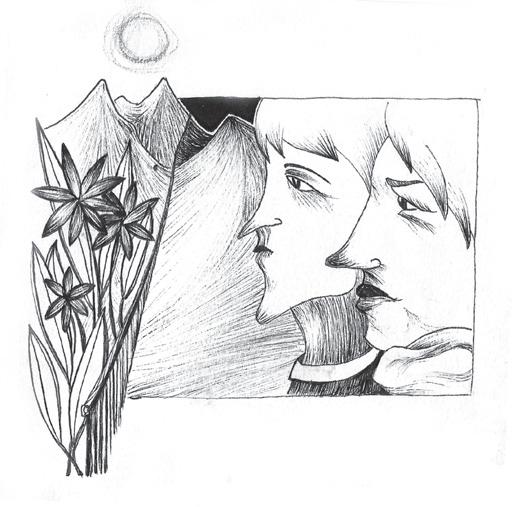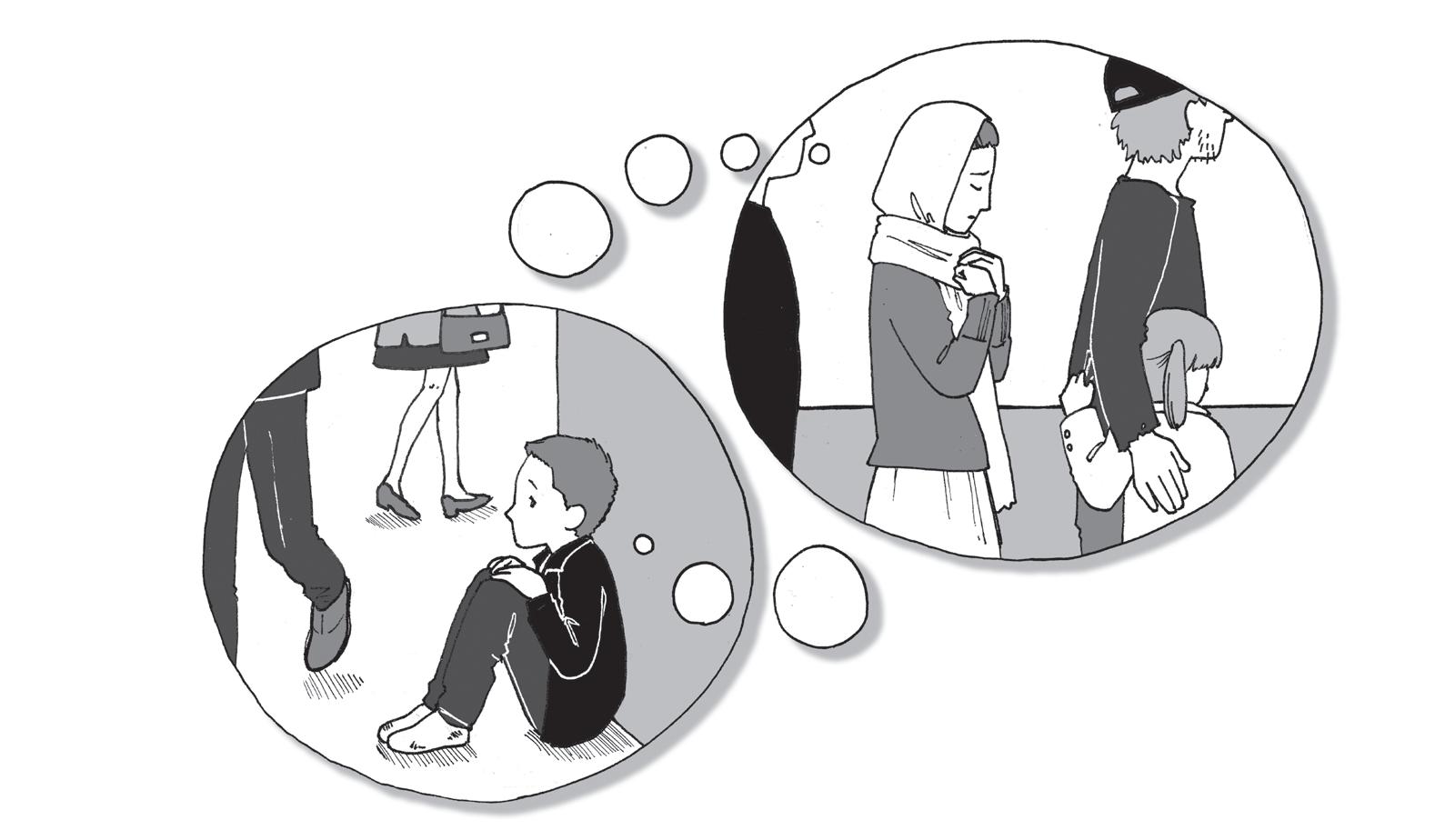
3 minute read
The Church’s Duty to Strangers
from Mozaik 37/2018 - (I)migrant: Perspectives of minority integration in Europe PART 2
by WSCF-Europe
— antonija potočki
The refugee crisis in Europe started in the year 2015 as a result of a complex political situation in the Middle East. A wave of people fleeing away from the war zone are entering Europe in search of stability and peace. We are talking about a large amount of people, for which the European Union wasn’t prepared, nor did it have ready-developed methods for their integration in the existing social structures or adequate sensitization of the public concerning the slippery nature of the topic. The topic of refugees is reported on a daily basis (mentioned day to day) via the media, whether it be reports of solidarity of individuals and volunteers, the aftermath of war, dangerous routes, terroristic attacks, or problematic behaviors of asylum seekers – they are intertwined with our wrong perception of reality in our media overall.
Advertisement
Citizens are exposed to a vast amount of information on a daily basis, some of which is misleading while some bears truth. Most people form their opinion on the refugee crisis only from this information. The Croatian country is divided when it comes to accepting people of other nationalities, cultures and religions into their society. Some sympathize, help and volunteer, while others deprecate the policy of acceptance and disperse the policy of hate. It is indeed a terribly sad thing that a lot of church and religious related circles are actually the ones spreading this negativity.
As a believer and a theologian I feel deeply hurt by this situation in my country and Church.
A good chunk of the clerical elite in Croatia is leading a xenophobic policy emphasizing the dangers of the Islamization of Europe, which they perceive as an attack on Christian identity. This is the same hierarchical program and propaganda that raises the faithful who very often only repeat the hateful mantras learned by heart and forget that they once were refugees too. Nothing like the Church in which the head is Christ, is it?
Migration is nothing new, since it was always embedded within the human psyche, but the reasons and different forms of migrations in the globalized world make them, in a completely new modus – a tangled and chaotic task to understand, which our society faces on all levels. Besides the socio-cultural or the economic component migrations also have a theological-pastoral element and are therefore an “omen of time” for the Christian Church which must respectably weigh and act righteously in a pastoral manner.

The refugee crisis in Europe is a wakeup call to all believers for a repeated initiation and return to the basic teachings of Jesus – of equality, justice, freedom and love for everyone, especially the smallest. Believers of the world are once again challenged to be the Light in the darkness and the water of Life modeled after the Savior. In this I do not only see the responsibility of the Church, but the duty of every believer individually. We mustn’t, and we can’t ignore the hardships to which we are all witnesses in the last couple of years since the beginning of the refugee crisis. Jesus said: “Truly I tell you, whatever you did not do for one of the least of these, you did not do for me“. This commandment is given to us for safekeeping and practicing, guiding us through life and as a timeless reminder of Christ.
So how exactly do the hungry stay hungrier and the poor even poorer? How come foreigners live on the edge of society when Jesus himself was a stranger?
Starting his mission, he took on a life of an evicted person who “has no place to lay his head“ (Luke 9:58). When he sent the apostles to spread the Gospel, he asked of them to go without a bag or clothes, to walk the ways like refugees and to completely surrender to the hands of kindheartedness and hospitality of ordinary people.
We are these common people to whom the apostles and Jesus himself visited. Because, Jesus is not some invisible figure, Jesus is in every soul which is looking for sanctuary and in every child in need of love. Because of that Church is asked upon to open the gates of Kingdom of God and to embrace the smallest of small no matter what religion, race or nationality they belong to. With coming of Christ there is no division or differences there is “No more: Jew – Greek! No more: slave – free! No more: woman – man! We are all One in Jesus Christ” (Gal 3,28)
Jesus Christ deleted our differences, but are we prepared to delete them when people in need approach us? Are we ready to give sanctuary to foreigners, water to the thirsty, food to hungry? Will the Church, which is the home of diversity, become a home of unity in which tired and the one that suffer can seek refuge? Commitment to foreigners on the margins of society is a journey to realization of true social justice. Oppressed refugees are educators of our society, because they are the reflection of what we have allowed to happen, and they show the necessity of changes to society and ultimately ourselves. Fra Mile Babic, the Bosnian theologian once said, “The difference is bigger, the greater the unity.”
— antonija potočki
Antonija comes from the land of a thousand islands, Croatia. She studies an ma in protestant theology and peace studies. She is a volunteer, activist and passionate fighter for social justice.







